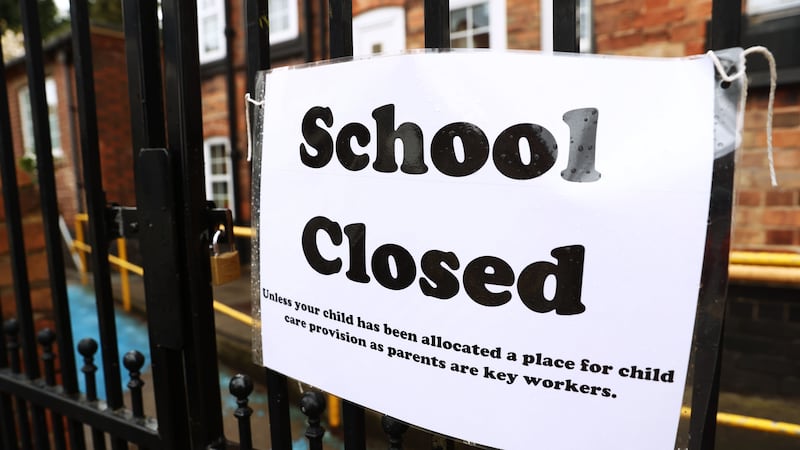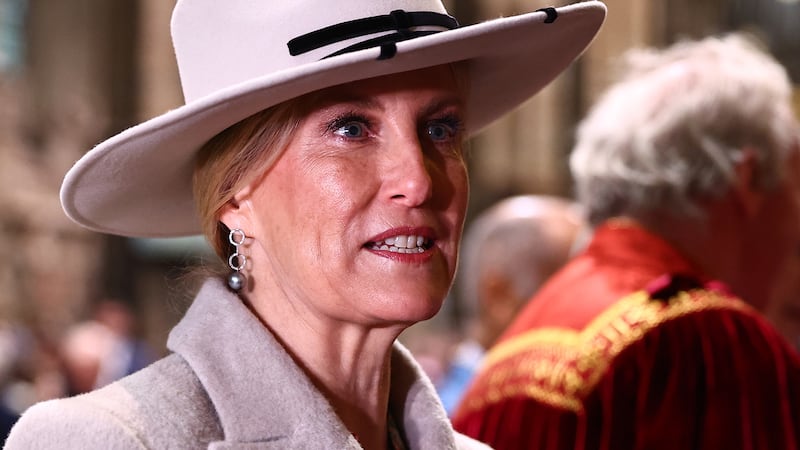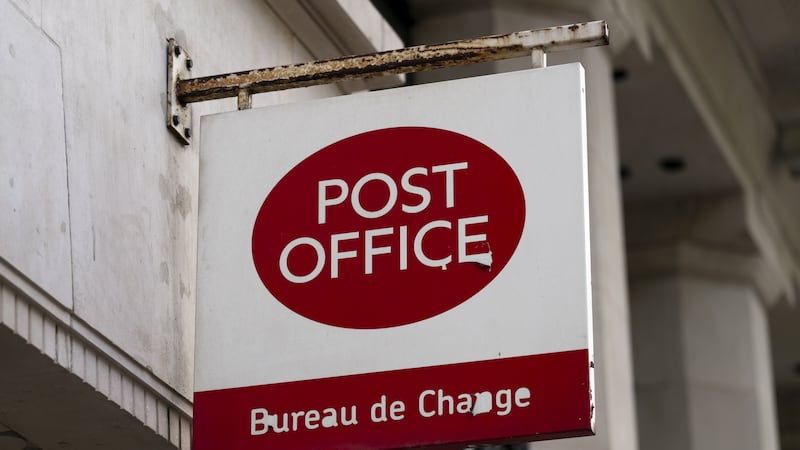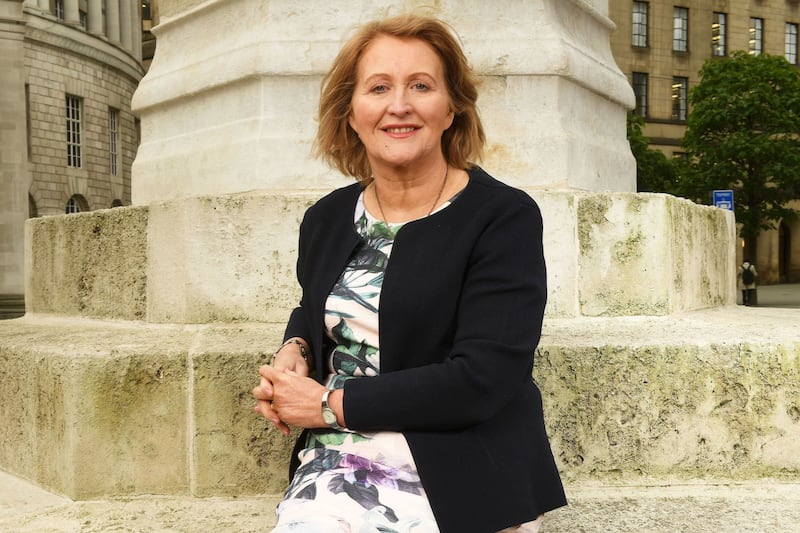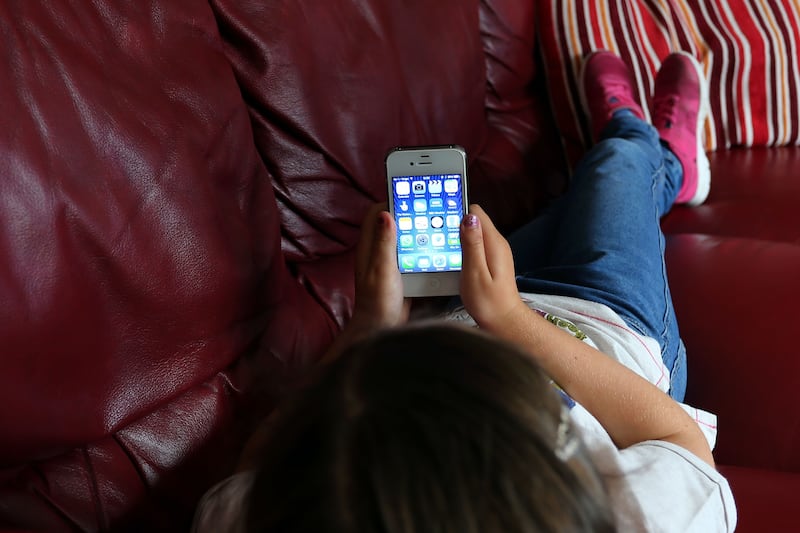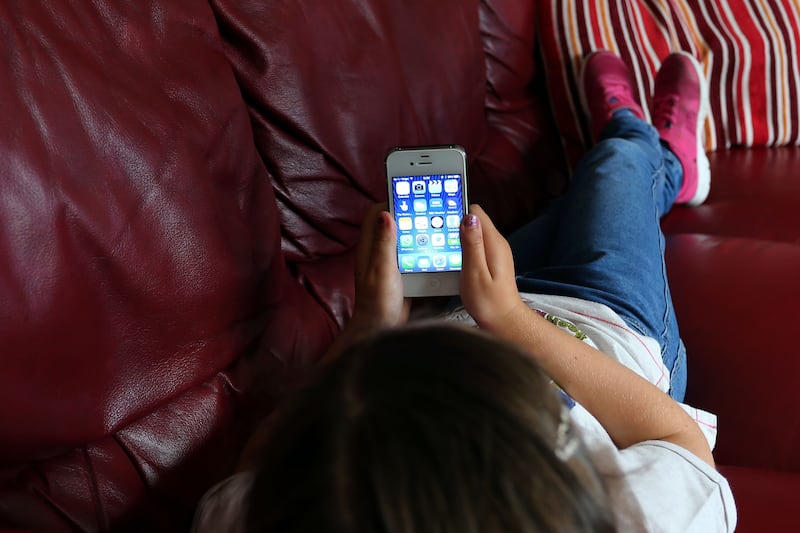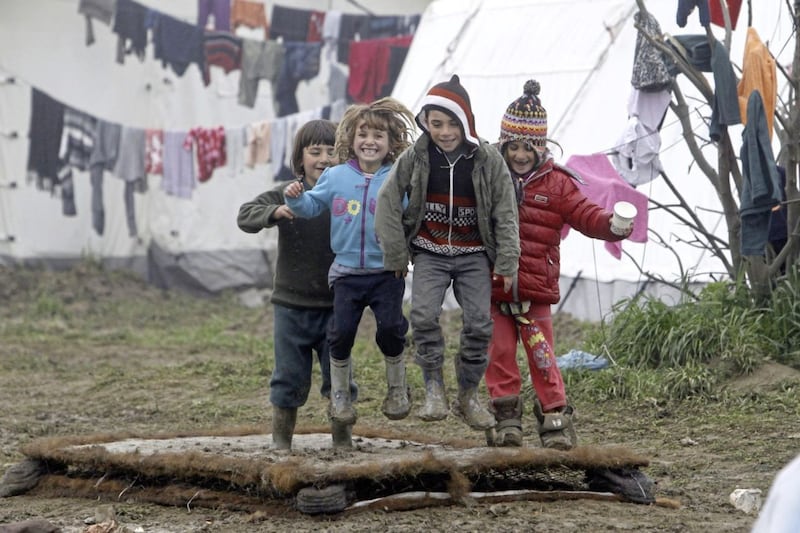There was a failure to act in children’s best interests in the pandemic, the former children’s commissioner has told the Covid inquiry as she branded it a “major mistake” to keep schools closed while re-opening pubs and restaurants.
Anne Longfield, who was children’s commissioner for England until February 2021, described the pandemic as having been a “disaster” for many disadvantaged and already vulnerable children, criticising the “indecisive” and even at times “indifferent” Government approach to the impact of policy decisions.
Ms Longfield said it was unclear whether the potential negative consequences of lockdowns were understood by decision-makers, or were “heard but were ignored and overlooked”.
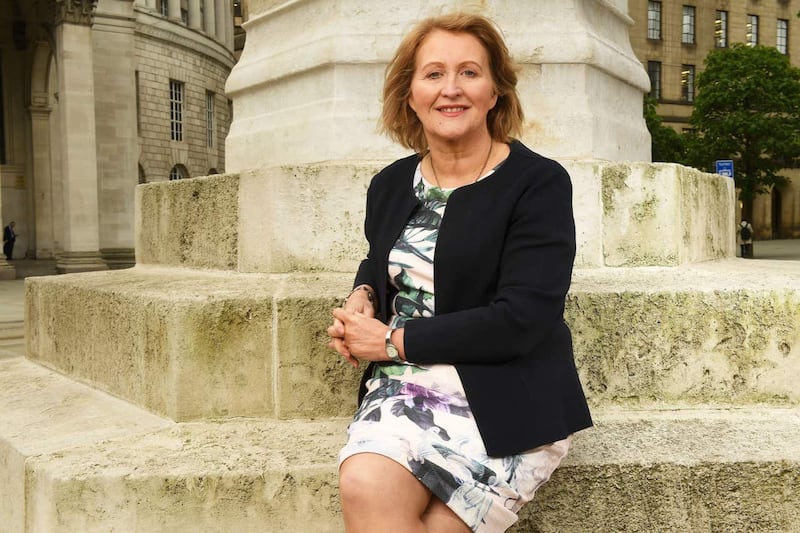
In her witness statement to the UK Covid-19 Inquiry’s module two hearings on core UK decision-making and political governance, she outlined three areas where she said the Government had “failed most badly to act in children’s best interests”.
These were the policy towards school opening and access to education; decisions about children’s ability to socialise and use public spaces; and decisions to reduce the safeguarding protection to vulnerable children receiving social care.
These decisions have increased the risk of reduced outcomes, wellbeing and life chances for children, she said, and may have increased vulnerability to harm “for some children who lost their life during the pandemic, not due to Covid, but due to violence”.
In her statement she said: “It is my view that although children had fewer health risks from Covid-19, they suffered disproportionately from the nation’s efforts to contain the virus. Sadly, the impact on children was sometimes overlooked when decisions were taken over this period.”
She accepted that initial school closures across the country were necessary, but added that the decision to keep them shut “for most children from March 2020 to September 2020, while at the same time increasing social interaction in other parts of society, was a major mistake”.
She added that there are questions to be answered “about the integrity of assumptions made” around the impact closing schools would have on virus spread as well as an “apparent lack of any serious recognition of the short-term and long-term harmful effects of prolonged school closures on children”, and an “apparent failure of the Government to prepare realistically for the scale and duration of school closures”, despite several weeks of warnings from the Scientific Advisory Group for Emergencies (Sage).
The former commissioner also noted differences in rules across the UK nations, saying that in England children were not exempt from the so-called “rule of six” arrangements, “unlike their peers in Scotland and Wales, and so they were unable to play with friends or spend time with grandparents”.
She said while some children enjoyed initial benefits in the pandemic as families were able to spend more time together, the most vulnerable children faced increased problems.
She wrote: “For others, those children in poor cramped accommodation, those living on low income whose parents needed to go out to work, those living in vulnerable households with poor mental health, addiction and domestic violence, those living in poverty, those without access to the outdoors and those without access to the digital technology to access education or socialise with friends, this was a very difficult pandemic heightening existing vulnerabilities and laying the foundation for long-term problems.”
Ms Longfield said she had focused her advice to Government during the pandemic on reducing and mitigating the risks these children faced, but added: “Whilst Government appeared on occasions to understand the risks to the wellbeing of children, at least in part, their approach on too many occasions lacked coherence, was indecisive, and at times appeared indifferent to the impact of policy decisions.”
She added: “It is not clear whether the potential negative impact of lockdown and social distancing, along with other measures and decisions affecting children on children’s social care, health and family support services were heard and fully understood by those making decisions, or whether they were heard but were ignored and overlooked.”
